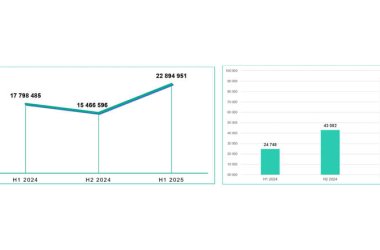 The European Central Bank (ECB) has warned that current smartphone operating systems represent a security risk as consumers adopt mobile payments.
The European Central Bank (ECB) has warned that current smartphone operating systems represent a security risk as consumers adopt mobile payments.
Mobile payments have grown in popularity as smartphone adoption has increased, with mobile apps and near field communication (NFC) technology supporting transactions both at point of sale and remotely.
As part of a consultation into guidelines for the implementation of mobile transaction technologies, the ECB highlighted a number of challenges which need to be addressed in order to improve the security of transactions.
The consultation document states: “Although recently-introduced types of mobile payments are still at an early stage of development and deployment, the use of mobile technology for payments may result in additional security exposures attributable to the fact that … the current generation of mobile devices and their operating systems were generally not designed with the security of payments in mind.”
Other factors include the use of wireless technology to transmit “sensitive payment and personal data” which exposes mobile payments to greater risks than traditional methods, while the public may be “less aware” of risks compared with making internet payments from desktop PCs or laptops.
As part of the consultation the ECB has set out 14 draft recommendations for payment service providers to adhere to. These include measures such as creating formal security guidelines, and ensuring that risk assessments are regularly conducted.
The consultation is part of work undertaken by the European Forum on the Security of Retail Payments, which has previously sought feedback on the security of internet payments.
The ECB invites feedback on the mobile payment consultation by January 2014, with service providers expected to meet recommendations by 2017.
UK watchdog the Financial Conduct Authority, which is among the organisations which are expected to feed into the consultation process, launched its own consultation into the safety of mobile payments in August, and is due to report back in early 2014.





